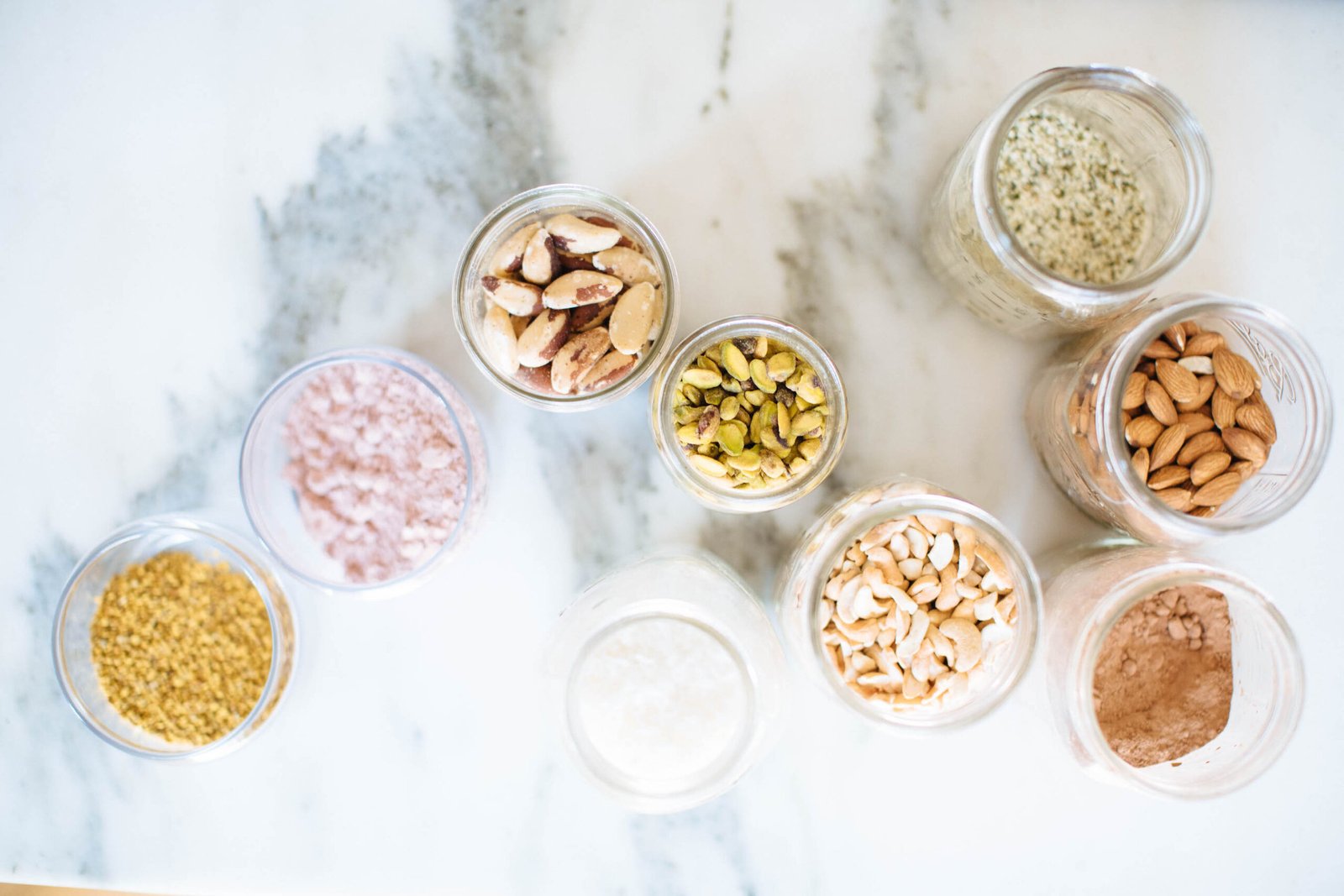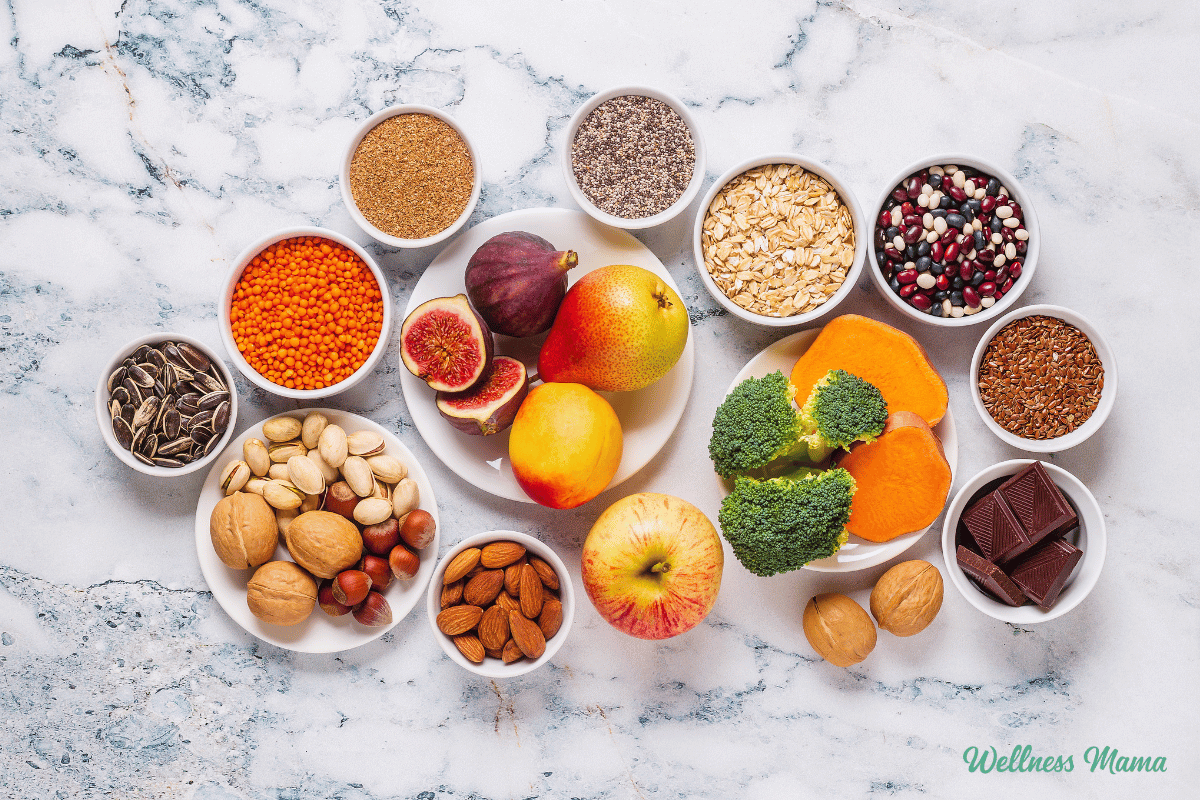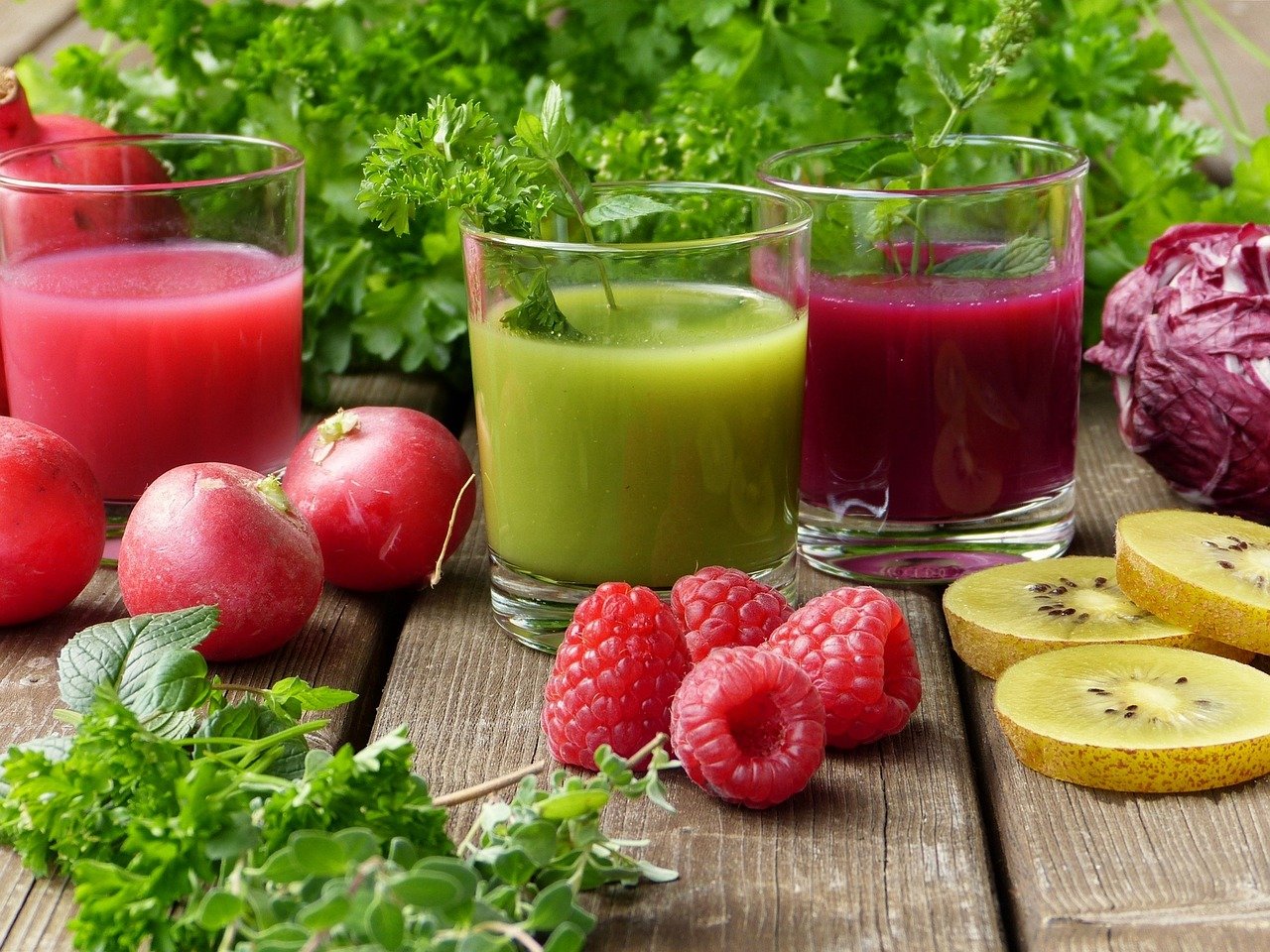Incorporating plant-powered proteins into your diet is a highly effective way to improve your heart health. These protein sources offer numerous health benefits, are environmentally friendly, and can enhance overall wellness. This article will delve into the significance of plant-powered proteins in heart-healthy diets, as well as highlight some of the best vegan protein sources to include in your meals.
Understanding Plant-Powered Proteins
Plant-powered proteins are an excellent alternative to animal-based protein sources. Derived from plants, these protein options can be integrated into a wide array of meals. By substituting animal-based protein with vegan protein sources, you can not only boost your health but also contribute to a sustainable environment. Legumes, nuts, seeds, and grains are just a few examples of plant-based protein options that can be incorporated into your diet. Legumes like chickpeas and lentils are rich in protein and can be utilized in soups, salads, and stews. Nuts and seeds, such as almonds and chia seeds, provide a hearty protein boost that can be added to smoothies and oatmeal. Additionally, grains like quinoa and brown rice serve as a protein-packed base for various meals. Incorporating these vegan protein sources into your diet can help reduce the risk of heart disease, aid in weight loss, and enhance digestion. By opting for plant-based protein options, you are also contributing to a more sustainable food system.
The Benefits of Plant Proteins
Plant proteins offer a myriad of advantages, especially for heart health. Some key benefits include:
Improved Cardiovascular Function: Plant proteins are loaded with heart-healthy nutrients like fiber, potassium, magnesium, and antioxidants, which work together to enhance blood flow, reduce inflammation, and support optimal heart function.
Reduced Cholesterol Levels: Studies indicate that plant proteins can help lower LDL (bad) cholesterol levels in the body, subsequently decreasing the risk of heart disease and stroke. These proteins may also boost levels of HDL (good) cholesterol, providing additional heart-healthy benefits.
Wealth of Nutrients: Plant proteins are chock-full of essential vitamins, minerals, and nutrients vital for overall well-being. Unlike animal-based proteins, plant proteins are typically low in saturated fat and cholesterol, making them an ideal choice for a heart-healthy diet.
Disease Prevention: A plant-based diet rich in protein can help prevent various chronic illnesses, including type 2 diabetes, certain cancers, and obesity. By incorporating plant proteins into your meals, you can reap a host of benefits for your heart health and overall wellness.
Best Plant Protein Products
If you’re on the lookout for high-quality plant protein products to enhance your diet, look no further. Here are some top picks for high-protein plant-based foods:
Orgain Organic Plant-Based Protein Powder: 21 grams of protein per serving
Kashi GO Peanut Butter Crunch Cereal: 10 grams of protein per serving
Lentils: 9 grams of protein per half-cup serving
Nutritional yeast: 8 grams of protein per 2 tablespoons
Chickpeas: 7 grams of protein per half-cup serving
In addition to providing a substantial amount of protein, these products are brimming with essential nutrients like fiber, iron, and vitamins. Incorporating these foods into your meals can help you meet your daily protein requirements while promoting overall health and well-being. To add more variety to your diet, consider trying tofu, tempeh, quinoa, or edamame. You can also explore a range of plant-based protein bars and snacks available at health food stores or online.
Incorporating Plant Proteins into Your Diet
Transitioning to a plant-based diet may seem overwhelming, but with the right recipes, it can be a seamless process. Whether it’s breakfast, lunch, dinner, or snacks, there are plenty of creative, delicious, and easy-to-follow plant protein recipes to explore. Here are some recipes to inspire you:
Plant Protein Breakfast Recipes:
Chia Seed Pudding with Peanut Butter and Banana Slices
Quinoa Breakfast Bowl with Almond Butter and Berries
Avocado Toast with Hemp Seeds and Microgreens
Plant Protein Lunch Recipes:
Roasted Chickpea and Sweet Potato Salad with Kale and Tahini Dressing
Vegan Lentil Soup with Turmeric and Spinach
Tempeh Tacos with Cashew Sour Cream and Mango Salsa
Plant Protein Dinner Recipes:
Vegan Mushroom Stroganoff with Cashew Cream Sauce
Spicy Lentil and Cauliflower Curry
Veggie Burger with Smashed Avocado and Sweet Potato Fries
Plant Protein Snack Recipes:
Roasted Chickpeas with Cumin and Smoked Paprika
Baked Kale Chips with Nutritional Yeast and Garlic Powder
Coconut Yogurt with Berries and Granola
By incorporating these plant protein recipes into your diet, you can increase your protein intake while promoting heart health. Enjoy these meals and snacks while nourishing your body and enhancing your overall well-being.
Plant Protein Supplements
If you’re seeking a convenient way to supplement your protein intake, plant protein supplements may be the solution for you. These supplements, typically derived from sources like peas, rice, and soy, are available in powder form. When selecting a plant protein supplement, opt for products that are free from additives and artificial sweeteners, and ensure they contain a significant amount of protein per serving, around 20-30 grams. Here are a few options to consider:
-Garden of Life Organic Plant-Based Protein Powder: 20 grams of protein per serving, 110 calories
-Vega Protein and Greens: 20 grams of protein per serving, 110 calories
-Nuzest Clean Lean Protein: 20 grams of protein per serving, 90 calories
There are various ways to incorporate plant protein supplements into your diet. Mix them with water or plant-based milk to create protein-rich shakes, add them to smoothies, or use them in recipes for protein bars or baked goods. These supplements not only offer a convenient way to meet your protein needs but may also provide additional health benefits. For example, studies suggest that pea protein may aid in lowering blood pressure and enhancing heart health.
Designing a Plant Protein Diet
Designing a plant protein diet requires some key considerations to optimize health and heart benefits. Here are some practical tips to help you structure your meals and meet your nutritional requirements:
Choose a Variety of Protein Sources: Ensure your plate includes a diverse array of plant protein sources to receive a variety of nutrients, including amino acids essential for cell and tissue growth and repair. Lentils, chickpeas, quinoa, tofu, tempeh, nuts, and seeds are excellent options to consider.
Incorporate Whole Foods: Incorporating fruits, vegetables, and whole grains into your plant protein diet ensures you receive all necessary nutrients for a healthy, balanced diet. These foods are rich in fiber, vitamins, and minerals linked to a lower risk of heart disease.
Mind Your Nutrient Intake: Be mindful of your nutrient intake when designing your plant protein diet. Pay attention to iron, B vitamins, calcium, and omega-3 fatty acids, as these nutrients can be more challenging to obtain in a plant-based diet. Consider fortified foods or supplements to fill any nutritional gaps.
Consider Your Calorie Intake: While plant-based diets are typically lower in calories than animal-based diets, it’s essential to consider your calorie intake to meet your energy requirements throughout the day. Pay attention to portion sizes and incorporate healthy fats like avocado, nuts, and seeds for satiety and energy.
Incorporating a plant protein diet into your lifestyle can offer numerous heart-healthy benefits. With these practical tips, you can create a diet that is both nutritious and satisfying.
Plant Protein and Exercise Performance
Plant protein is an excellent option for athletes and exercise enthusiasts aiming to enhance performance. Unlike animal proteins, plant proteins are highly digestible and contain all nine essential amino acids necessary for building and repairing muscle. Studies suggest that consuming plant protein before and after exercise can support muscle recovery, improve strength, and enhance overall athletic performance. Plant protein may also help reduce inflammation caused by intense exercise, leading to quicker recovery times.
Conclusion
By incorporating plant-powered proteins into your heart-healthy diet, you not only improve your overall health but also contribute to a more sustainable future. With benefits like reduced cholesterol levels, enhanced muscle recovery, and improved exercise performance, plant proteins offer a well-rounded approach to wellness. Explore the wide range of vegan protein sources and plant-based options available to make a positive change in your diet. Try out some of the best plant protein products recommended here or incorporate plant protein supplements for added convenience. Designing a balanced plant protein diet may seem like a challenge, but with practical tips and creative plant protein recipes, you can enjoy delicious and heart-healthy meals in no time. Thank you for learning more about plant-powered proteins and their role in heart-healthy diets. Remember, every small step towards a healthier and more sustainable future makes a significant impact.
Related Products
-
Sale!

aSquared Nutrition Nicotinamide with Resveratrol – 120 Veggie Capsules – Vitamin B3 500mg (Niacinamide Flush Free) – Supplement Pills to Support NAD, Skin Cell Health & Energy
Original price was: $34.95.$27.95Current price is: $27.95. Buy Now -

Hemp Gummies Hemp, Tested by 3 rd Party for Adult 2432 0302
$8.99 Buy Now -

HUM Daily Cleanse Acne Supplements – Support for Clear Skin & Improved Digestion with Organic Algae, Detoxifying Herbs, Vitamins & Minerals – Skin Supplement for Women and Men (60 Vegan Capsules)
$25.99 Buy Now











